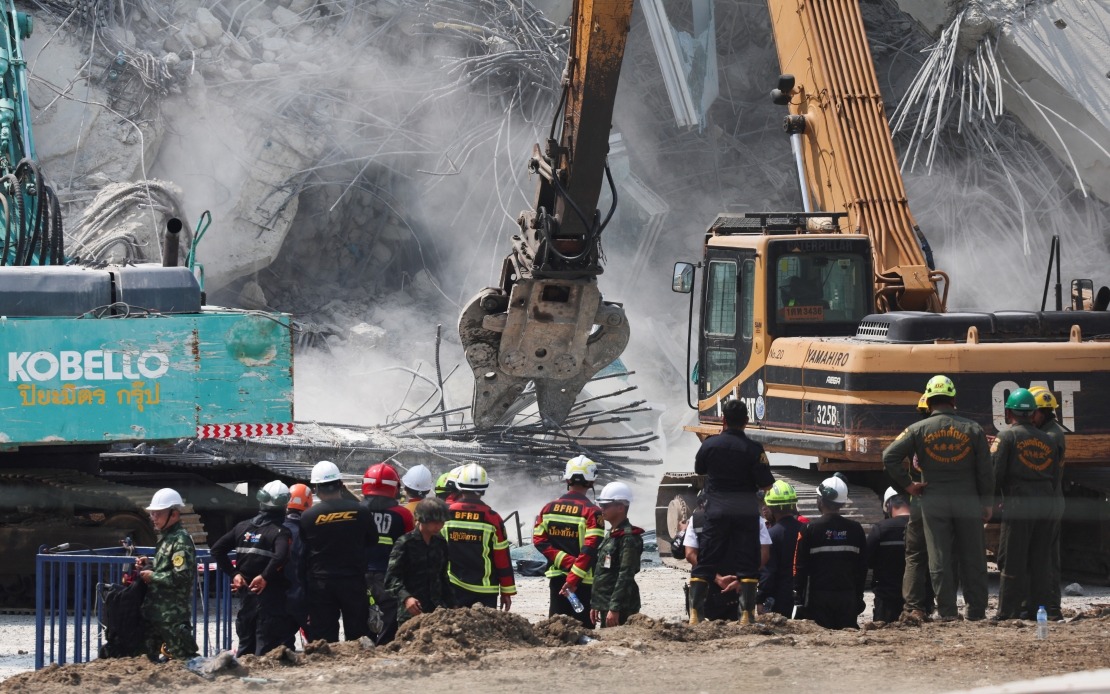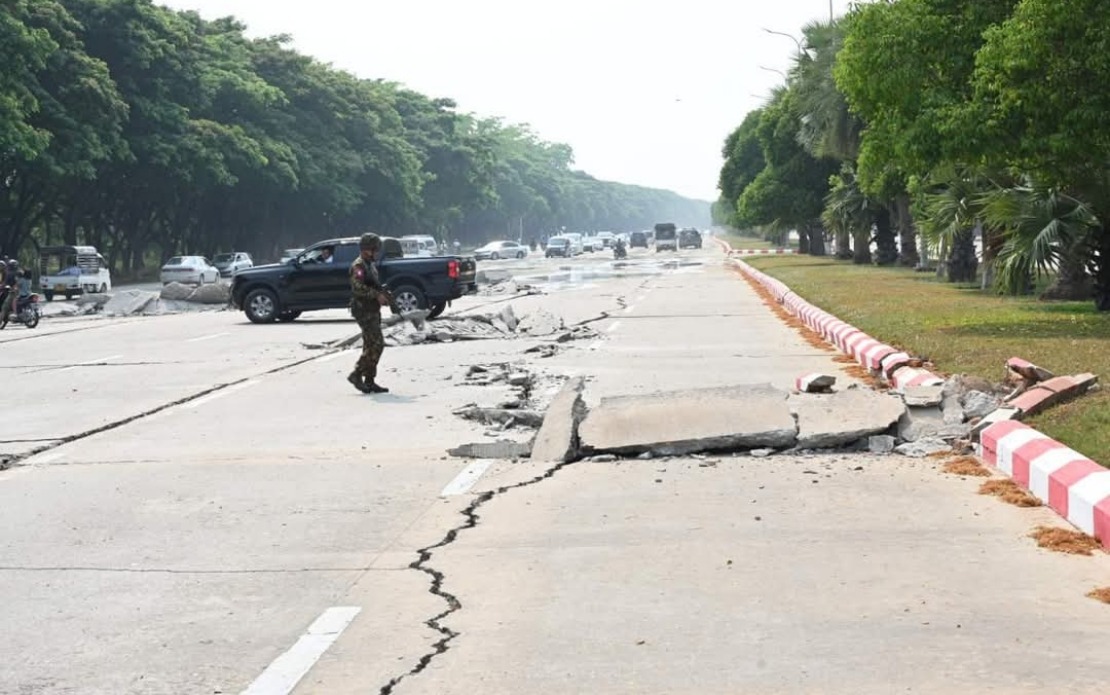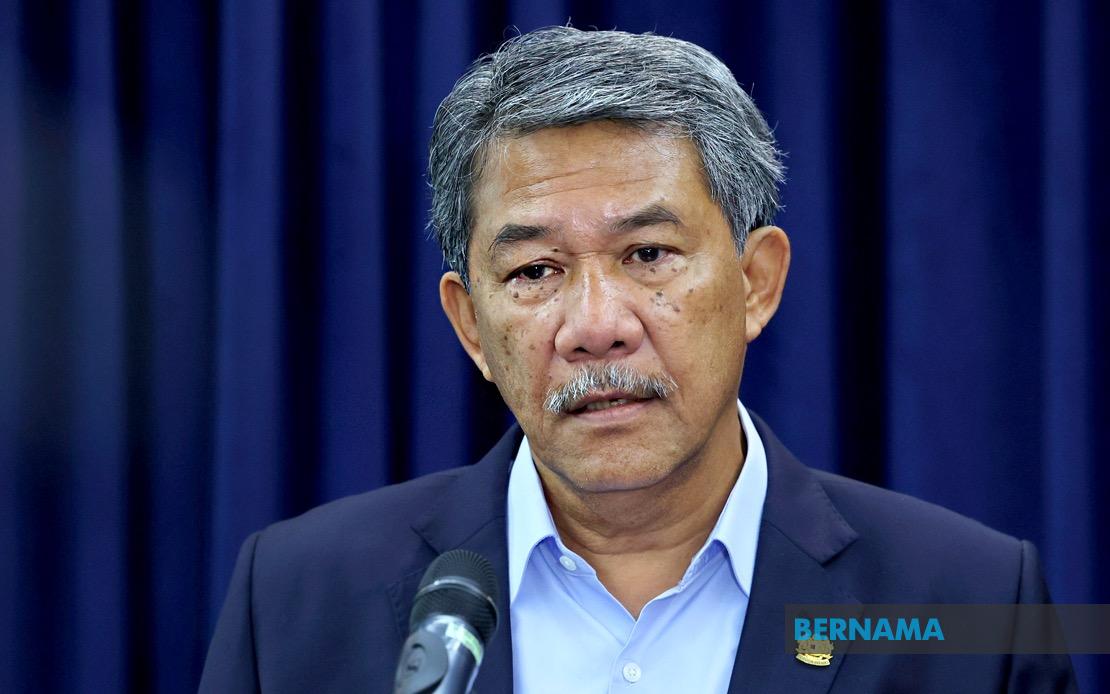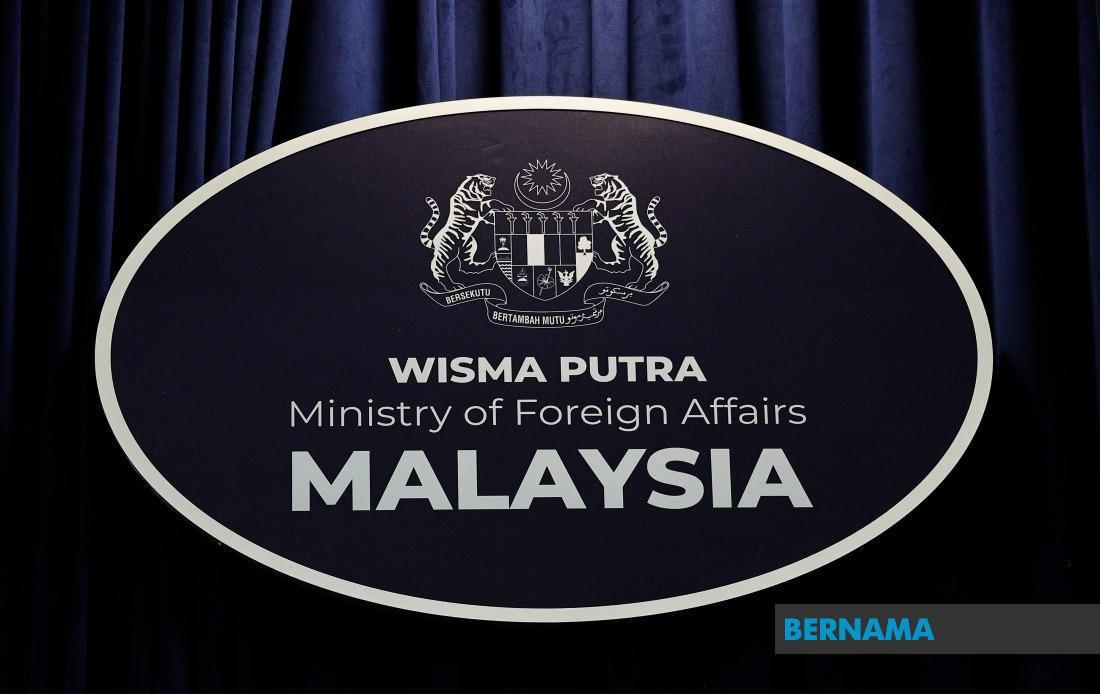MALAYSIA CAN, AND MUST HELP RESHAPE GLOBAL NARRATIVES - ANALYSTS
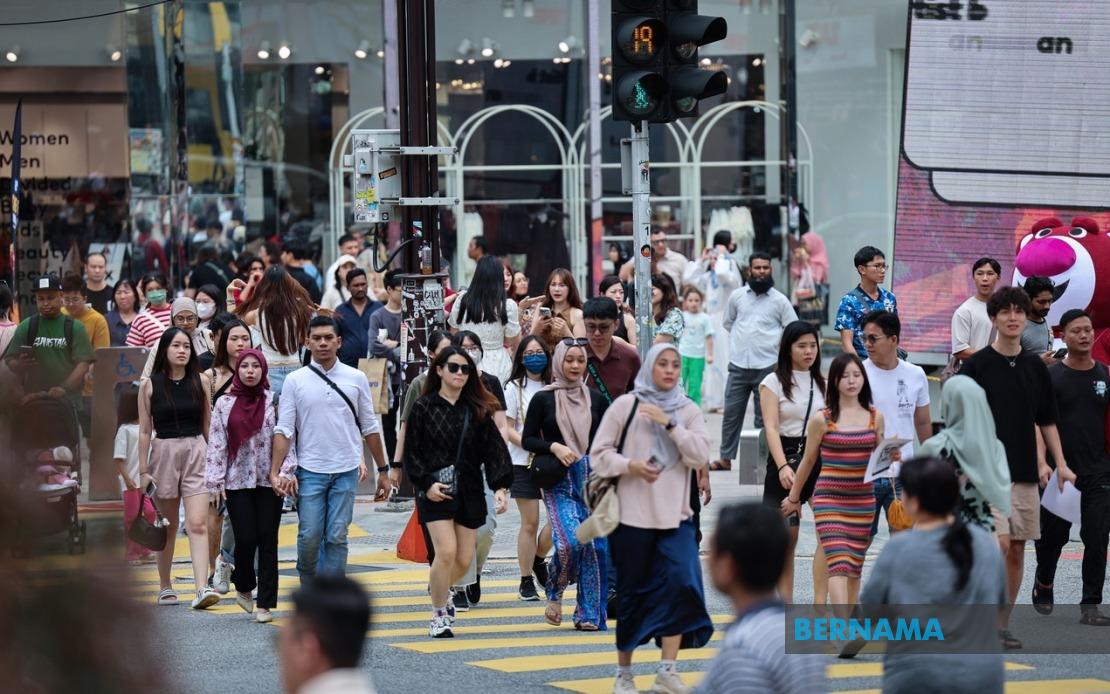
KUALA LUMPUR, March 26 (Bernama) -- Malaysia and other like-minded nations must take a more proactive role in shaping global narratives and pushing for reforms in international institutions, according to Bait Al Amanah Founding Director, Dr Abdul Razak Ahmad.
Speaking at a public forum titled “A Fairer World is Possible” held here recently, Abdul Razak said small and middle powers could no longer afford to wait for superpowers to lead on global issues such as peace, justice and development.
“Countries like Gambia, South Africa, Turkiye and Qatar have shown that size does not determine influence. Malaysia must do the same -- take principled positions and lead where it can,” he said.
Organised by the Directorate of Communications of the Turkish Presidency (Stratcom), the forum gathered five Malaysian experts who discussed the limitations of the current global system, particularly the United Nations (UN), and how countries like Malaysia could advance a more just and inclusive world order.
Elaborating, Abdul Razak called for ASEAN to broaden its focus beyond economic cooperation and play a more active role in peace and humanitarian diplomacy.
He also proposed a global education initiative targeting marginalised Muslim communities, citing Palestine and sub-Saharan Africa as key areas.
“ASEAN cannot just be about trade. We should be talking about global peace, human rights and reform of international institutions.
“If we want long-term impact, education is where we start. We have the digital tools ... we need the political will,” he said.
Universiti Utara Malaysia (UUM) Vice Chancellor Prof Dr Mohd Azizuddin Mohd Sani echoed the view, saying that Malaysia, the ASEAN Chair in 2025, could help lead regional consensus on pressing global issues.
He further noted that Malaysia’s middle-power diplomacy could have an outsized impact when coordinated through regional blocs.
“ASEAN must find its voice on matters such as genocide, climate change, and international justice. We can no longer rely on traditional powers to set the global agenda.
“If ASEAN aligns on these issues, it becomes a meaningful force in shaping global governance,” he said.
International Islamic University Malaysia (IIUM) Assistant Professor Dr Mohd Iqbal Abdul Wahab drew on past conflicts such as Bosnia and the Iraq War to highlight the UN’s failure to protect vulnerable populations.
Despite his criticisms, Iqbal said countries like Malaysia must remain engaged within the world body’s platform.
“In Bosnia, the UN declared safe zones … and yet people were killed. In Baghdad, UN investigators were still on the ground when bombs started falling.
“The UN may be flawed, but it is the only global platform we have. We (Malaysia) must be present, consistent and honest in our engagements,” he said.
Associate Professor Dr Roy Anthony Rogers of Universiti Malaya (UM) highlighted Malaysia’s long history of multilateralism and peacekeeping.
He added that Malaysia must continue pushing for fairer global governance, including greater representation for developing regions in decision-making bodies such as the UN Security Council.
“Since independence, we’ve sent over 40,000 personnel on peacekeeping missions. We train peacekeepers, we speak up, and we have contributed ideas such as the Razali Plan for UN reform.
“The world is not just five powers. Malaysia must continue calling for a system that reflects today's realities,” he said.
The forum was also attended by the Yemeni Ambassador to Malaysia, Dr Adel Mohamed Ali Ba Hamid and the Azerbaijani Ambassador to Malaysia, Irfan Davudov.
-- BERNAMA
